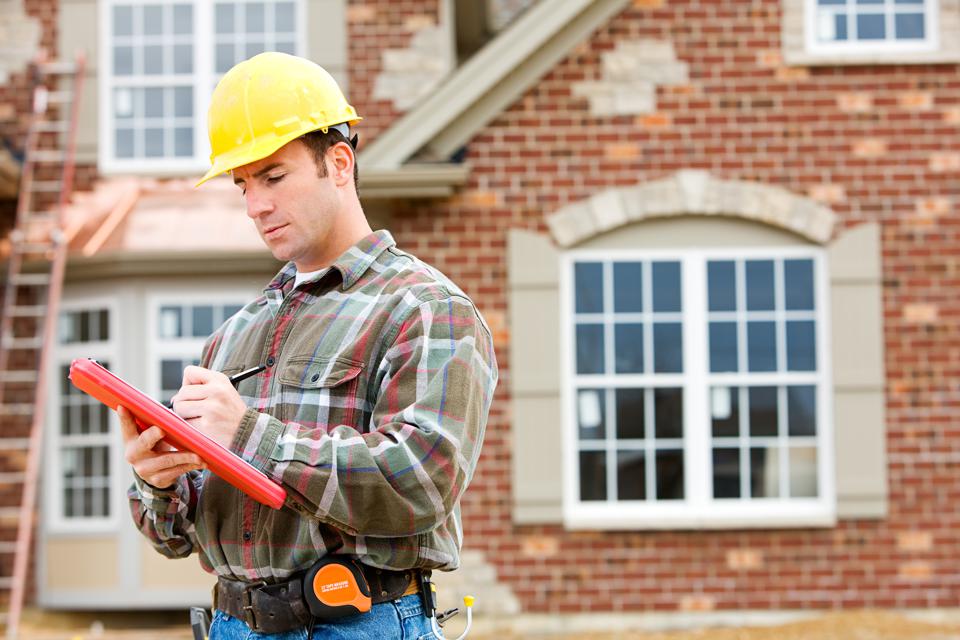A home inspection is an examination of the current condition of a house. It is performed by a professional inspector who evaluates the condition of the home’s structure, major systems, and decorative features. A home inspection is important because it can identify problems that may not be immediately apparent, such as water damage or foundation problems.
Before you purchase a property, it is highly recommended that you get a home inspection to be fully aware of the home’s condition. This blog post will review nine issues a home inspector Lakeland FL will check for during a home inspection. Take a look.

The Foundation
The first thing your inspector will look at is the house’s foundation. They will look for cracks or settlement issues. The inspector will also make sure that the foundation is level. If there are any problems with the foundation, they can be expensive to fix.
The Roof
The roof of your house is one of the most important features, as structural damage could be dangerous for everyone in the house. That’s why a roof inspection ensures everything is in good condition. A home inspector Lakeland FL will check for leaks, damage, and other issues with the roof. If you have a leaky roof and don’t repair it soon, you could be wasting monthly money on utilities.
Electrical Systems
Your inspector will also check the house’s electrical systems to ensure they are up to code and functioning properly. This includes outlets, switches, and fixtures. A home inspector will check the outlets and switches for loose wires. They’ll also check for broken outlets, frayed wires and other electrical issues.
Plumbing Systems
The plumbing system will also be inspected for leaks or other issues. Your inspector will flush all toilets and run all faucets to test them out. They will also check under sinks and in crawl spaces for any evidence of leaks.
HVAC Systems
Your home inspector will also inspect the heating, ventilation, and air conditioning system (HVAC) to ensure it works properly. They will test all thermostats and ensure adequate airflow throughout the house.
Cosmetic Defects
Lastly, your inspector will also take note of any cosmetic defects such as cracked tiles, stained carpets, or peeling paint. These defects are not necessarily deal-breakers but could be used to negotiate a lower price on the property.
Overall Safety
Your inspector will also keep an eye out for any safety hazards on the property. This includes trip hazards, loose handrails, and exposed electrical wires. Home inspectors also check if there are broken locks and if the doors are installed correctly.
That’s because a poorly-installed or broken lock can lead to theft, injuries, and even death. For example, if your front door is left unlocked when you leave for work or go to bed at night because it sticks open when you close it, an intruder might be able to enter your home without difficulty. This could result in the theft of personal items and harm done to people who live there.
Pest Infestation
Another issue your inspector will look for is evidence of a pest infestation. This includes things like mouse droppings or termite damage. If an infestation is found, you should get rid of the pests before closing on the property.
Environmental Hazards
Lastly, your inspector will also look for any environmental hazards on the property. This includes asbestos, lead paint, and radon gas. If any of these hazards are found, you will need to take steps to mitigate them before moving into the house.
Final Word
These are just some things your inspector will look for during a home inspection. It is important to have a professional inspect the property before purchasing it to be aware of any potential problems. Home inspections can save you thousands of dollars in repairs down the road.